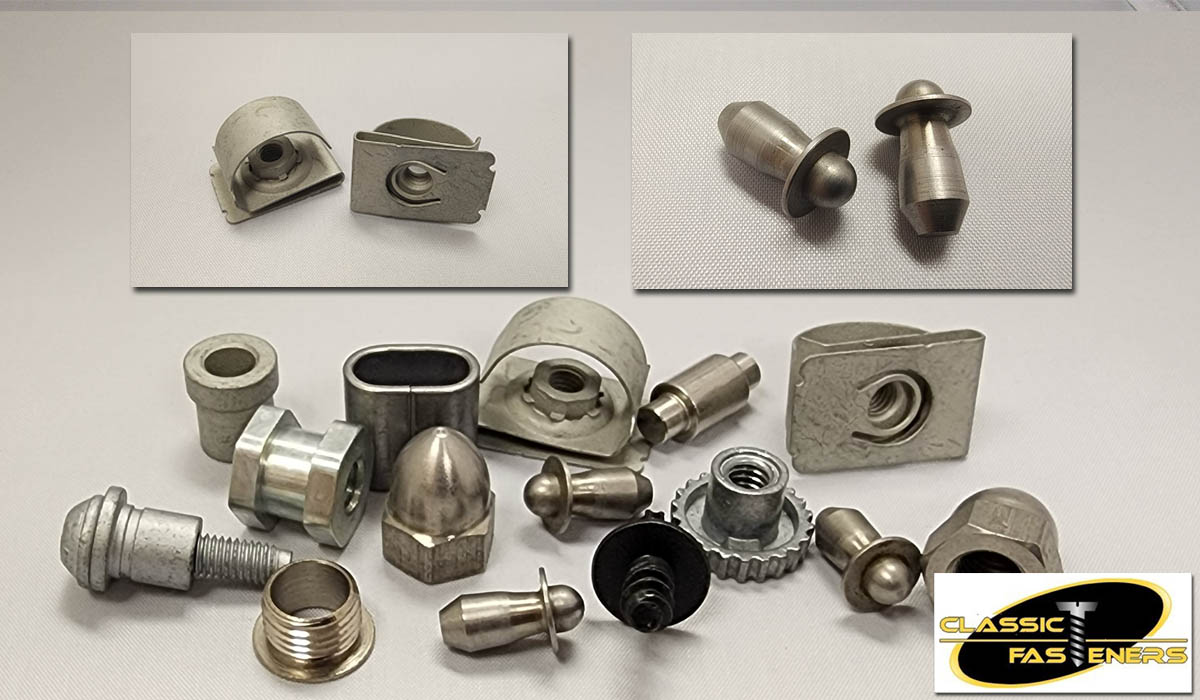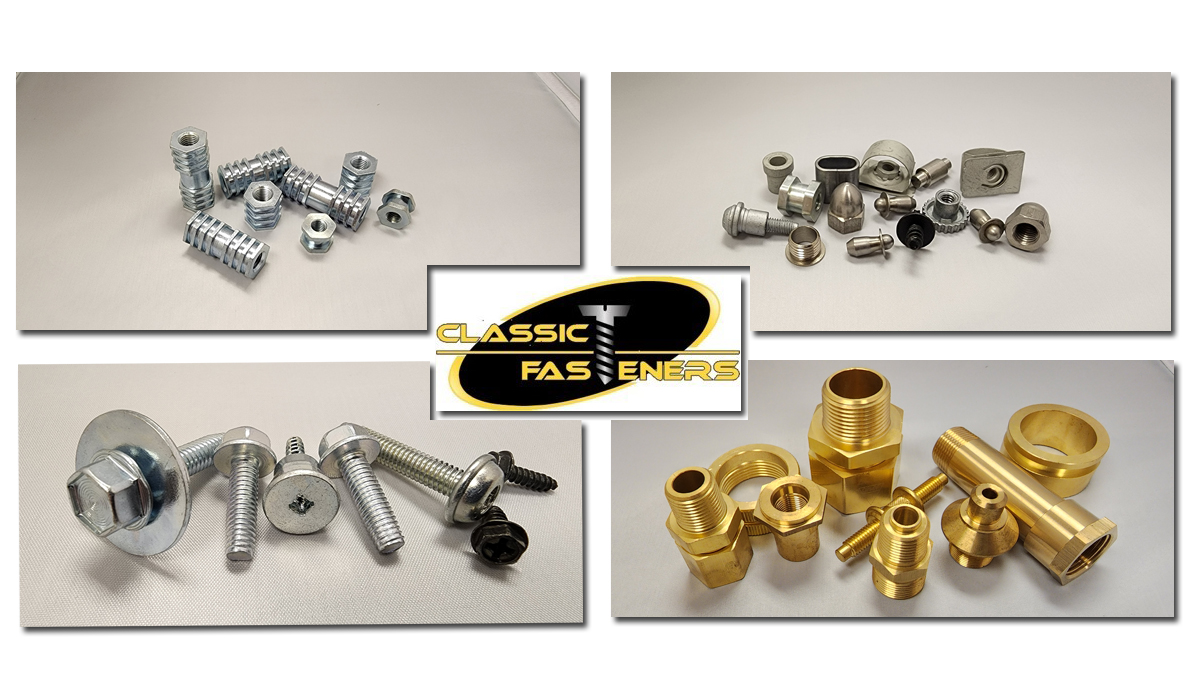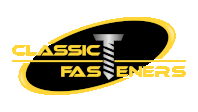
Unlocking The Mystery Of Fastener Types: A Comprehensive Guide
A Complete Guide To Unravel The Mysteries Of Fastener Types
Since 2010, Classic Fasteners LLC has been the “Classic” choice for all your fastener needs. With over 30 years of industry experience, we’re known for our on-time deliveries, high-quality products, and consistent service. But we’re not just interested in fasteners; we’re also interested in unraveling the mysteries that surround them. Today, we will take you on a journey to better understand the world of fasteners. If you have any questions, please call us at (630) 292-3174.
Decoding The Basics: Fastener Types
Fasteners are the unsung heroes of construction and manufacturing. They hold our world together, quite literally. But what exactly are they? Fastener types refer to a broad range of devices that combine or affix two or more objects. The types of fasteners are as diverse as the applications they serve, from the screws in your furniture to the bolts in skyscrapers.
Diving Deeper: Types Of Screws
One of the most common fastener types you’ll encounter is a screw. Types of screws vary significantly in design and application. Some screws are designed for wood, others for metal, and some for drywall. Each screw type has a specific format that is ideal for its intended use. Understanding these differences is critical to choosing the right screw for your project.

Exploring The Variety: Types Of Bolts
Bolts, like screws, come in a variety of types. Exclude carriage bolts, hex bolts, and eye bolts, among others. Each bolt type has a unique design and specific use. For instance, carriage bolts are ideal for wood applications, while hex bolts are commonly used in construction and repair applications. Knowing the right bolt can make your project more secure and durable.
Understanding The Essentials: Types Of Nuts
Nuts are integral components of the fastener family. Types of nuts include hex nuts, lock nuts, and wing nuts. Each type of nut has a specific function and is used with a bolt to secure various components together. For example, lock nuts are designed to resist loosening under vibration and torque.
The Unsung Heroes: Types Of Washers
Last but not least, let’s talk about washers. Types of washers include flat washers, lock washers, and fender washers. While they may seem insignificant, washers play a crucial role in distributing the load of a screw or bolt, preventing damage and loosening from vibration and torque.
Understanding the different fastener types is crucial to choosing the right one for your project. Whether dealing with screws, bolts, nuts, or washers, each fastener type has a unique role. At Classic Fasteners LLC, we’re committed to providing you with the knowledge and resources to make informed decisions about your fastener needs. Check out our products, services, and clients to see how we can support your business. For more information about our quality-assured products and services, visit our certifications page. If you have questions, visit our FAQs or contact us at (630) 292-3174. Remember, a suitable fastener can make a difference in your project. Choose wisely. Choose Classic Fasteners, LLC.
We Are Fasteners Manufacturers For:
We've Selected These Articles For You:
Frequently Asked Questions
Fasteners are devices used to join or affix two or more objects together. They are crucial in various industries, including construction, manufacturing, and automotive, as they ensure the stability and integrity of structures and products.
There are numerous types of fasteners, each designed for specific applications. The most common types include screws, bolts, nuts, and washers. Each class has a unique design and function, making it suitable for specific applications.
Screws come in various types, each designed for a specific use. For instance, wood screws are used for woodworking, machine screws are used in machinery, and drywall screws are used for installing drywall.
Bolts, like screws, come in a variety of types. Carriage bolts are ideal for wood applications; hex bolts are commonly used in construction and repair applications; and eye bolts are used for attaching a securing point to a structure.
Nuts are used in conjunction with bolts to secure various components together. The most typical type of nut is the hex nut, but there are lock nuts that resist losing under vibration and torque and wing nuts that are hand-tightenable and -loosenable.
Washers are used to distribute the load of a screw or bolt, preventing damage and loosening from vibration and torque. Flat washers are the most common type, but there are also lock washers that prevent fasteners from loosening and fender washers with a larger outer diameter for distributing loads over larger areas.
Choosing the suitable fastener depends on the materials you are joining, the load they will bear, and the environment they will be in. It’s essential to consider the size, material, and type of fastener that will best suit your needs.
The strength of a fastener depends on its material, size, and design. However, high-strength bolts, such as Grade 8 bolts, are often considered among the strongest due to their high tensile strength.
Not all screws and nuts are compatible. The size and thread of the screw must match the nut. For instance, a metric screw requires a metric nut, and a standard screw needs one.
Understanding the different types of fasteners is crucial in choosing the right one for your project. Using the wrong fastener can lead to structural failures, product malfunctions, and safety hazards. Therefore, having a comprehensive understanding of fastener types can ensure the success and safety of your projects.
